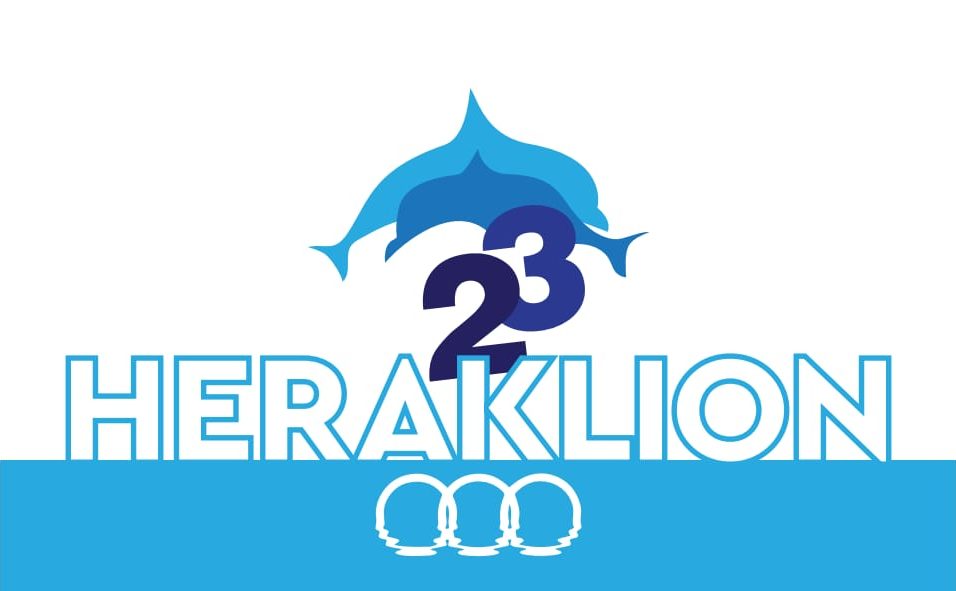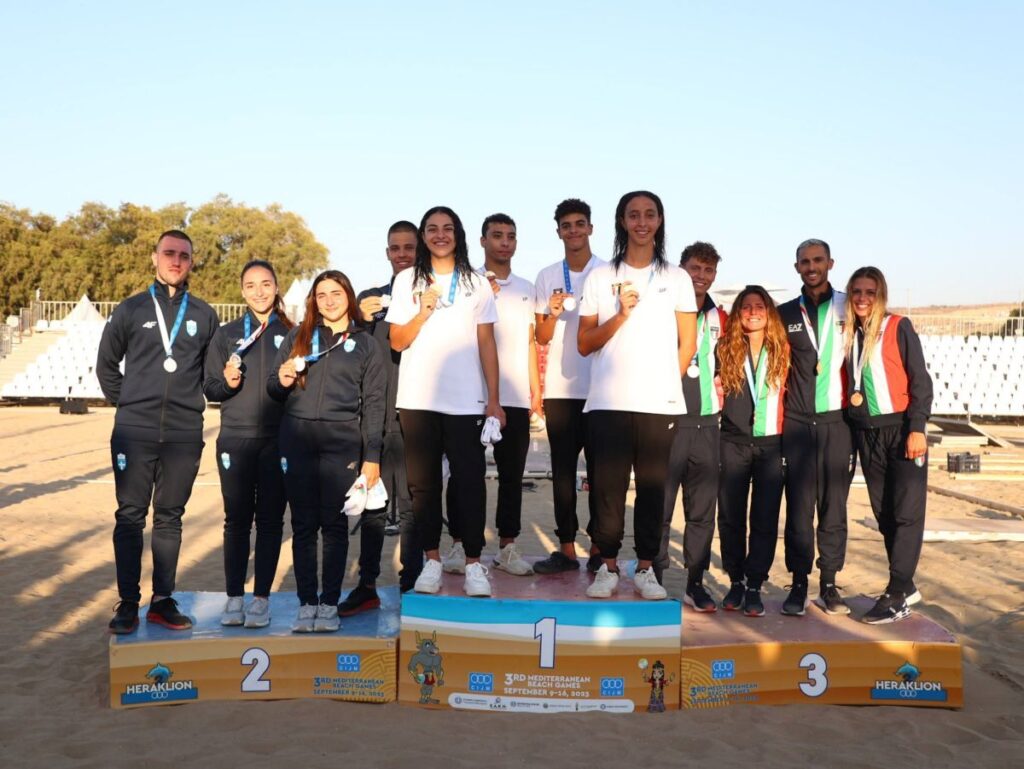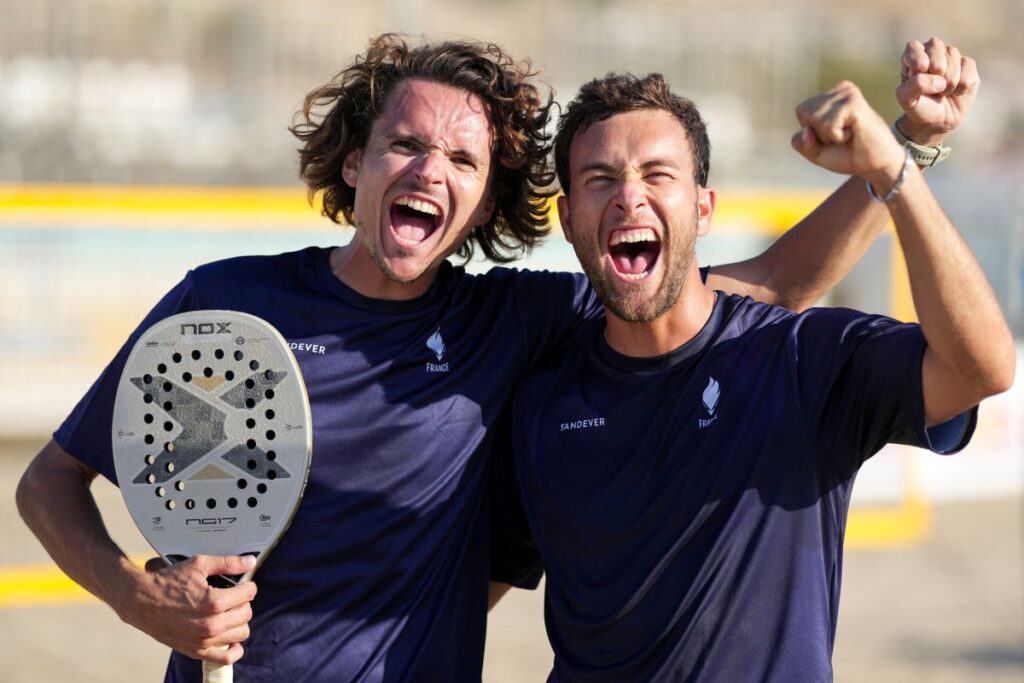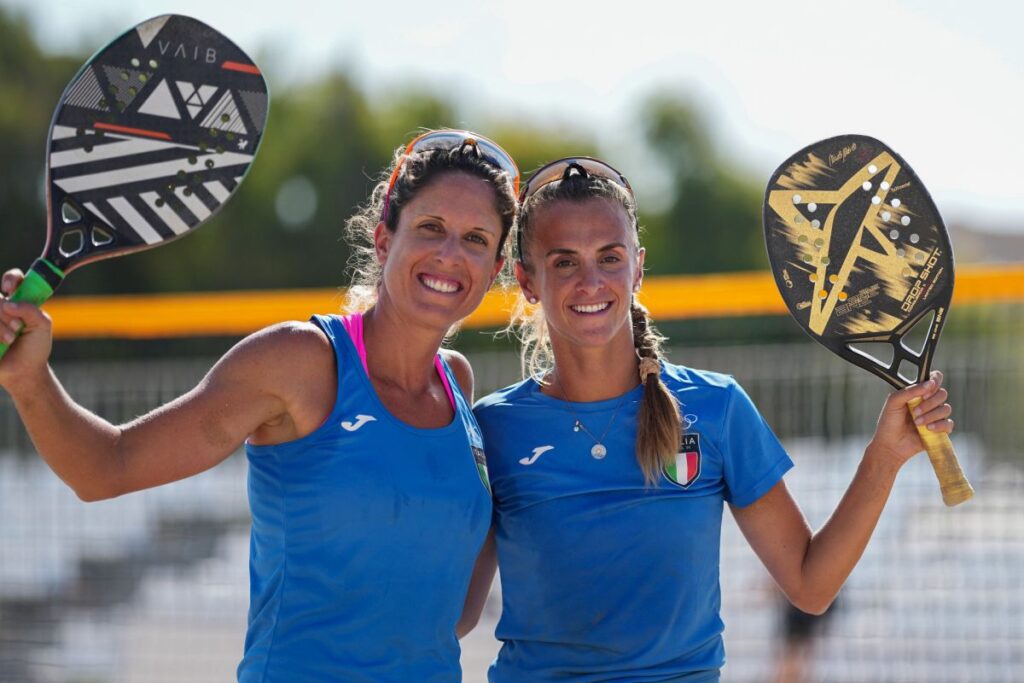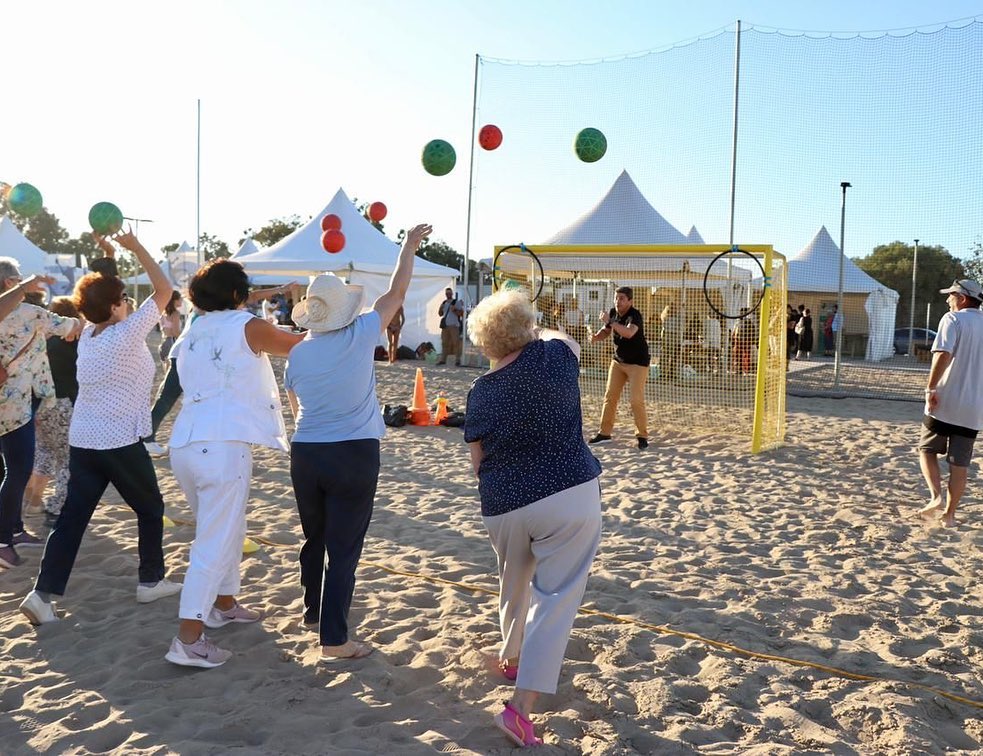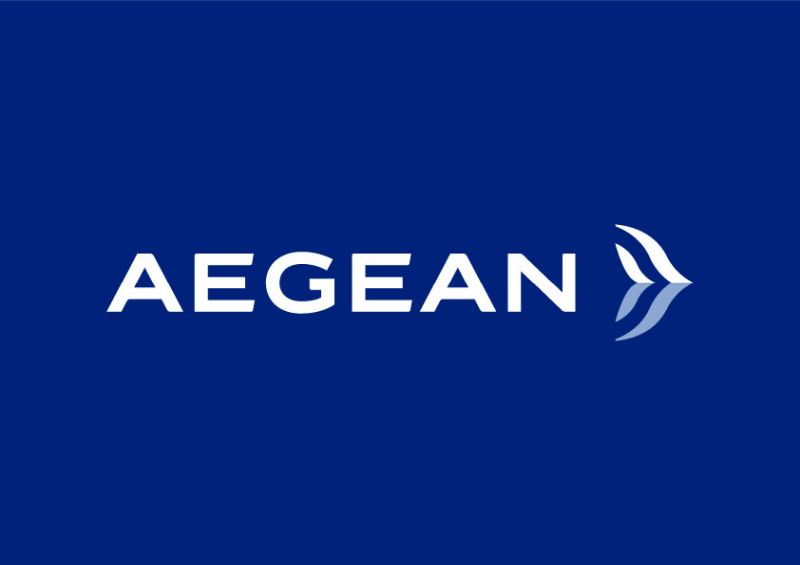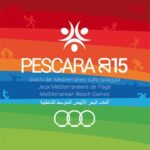our City
All about History, Economy, Science & Education, Climate and Sports Facilities of Heraklion, Crete.
Economy
The main financial resources of the city come from tourism, agriculture and trade. Heraklion’s airport Nikos Kazantzakis is the second busiest in Greece behind Athens’ Eleftherios Venizelos while the city’s port is connected with Piraeus and other islands. Heraklion was Europe’s fastest growing tourism destination in 2017.
Science & Education
The School of Exact Sciences and Health Sciences of the University of Crete which was founded in 1976, is home to the Institute of Technology and Research (ITE-FORTH), one of the largest research centers in Greece. Heraklion is the home of the Hellenic Mediterranean University (EL.ME. PA.) as well.
Climate
Heraklion has a Mediterranean climate with mild winters and cool summers, but with high minimum daily temperatures. The average maximum temperature during the summer reaches 28-30 °C. Daily deviation of maximum – minimum temperature during the year is on average less than 10 °C.
Heraklion History
The city’s long history is divided into eight time periods and its name was changed accordingly several times by its conquers:
Heraklion (Roman period, Ottoman Empire, Cretan State, Greece), Heraklia, Kastro (Eastern Roman Empire – Byzantine), Rabḍ al-ḫandaq (Arabs), Khandax (Byzantine period, during Arab occupation), Megalo Kastro (Cretans), Candida (Latins), Candia (Venetians, Europeans– at that time Crete was also known as Regno di Candia), Chora (Cretans), Piazza, Kandiye (Ottoman Empire). The city’s ancient name Heraklion was finally restored in the 19th century.
Heraklion is located in the same place where in antiquity the westernmost of the three ports of Knossos was. During the Minoan civilization Heraklion had the largest population in Crete bearing its name in honour of the ancient sanctuary of Heracles.
Sports
Heraklion was one of the host cities of the 2004 Olympic Games (football tournament). Heraklion also played host to the FIBA Men’s U19 World Basketball Championship twice, in 2015 and in 2019. The main sports facilities of the city are:
01
Pankritio Stadium
In the Lido district west of the city centre, which has a capacity of 26,240 seats. Nearby lies the Lido indoor hall.
Capacity: 1,400 seats
02
Theodoros Vardinogiannis Stadium
In the Kaminia district, Super League’s team OFI home ground.
Capacity: 9.008 seats
03
Nikos Kazantzakis Stadium
The old home of Ergotelis (Super League 2) located on the Martinego bastion.
Capacity: 600 seats
04
Two Aorakia
The largest indoor arena of the city.
Capacity: 5.222 seats
05
TEI of Crete
Markos Karanastasis Indoor hall.
Capacity: 1.816 seats
06
University of Crete
Indoor hall.
Capacity: 1.080 seats
Municipality of Hersonissos
Municipality of Hersonissos, is a unique place. It serves the values of sustainability and balanced development. It also carries great historical and cultural heritage. Is consisted of settlements with special characteristics and colors. Undoubtedly, it is a model tourist destination, with rare coastal natural beauty.
At the same time, the visitors can discover untouched inland, scattered with monuments and landscapes of indescribable natural beauty. The municipality of Hersonissos, stands out for its strong development dynamics. It evolves and responds to the challenges of the future. It becomes modern, humane and friendly for citizens and visitors.
Municipality of Hersonissos
Municipality of Hersonissos, is a unique place. It serves the values of sustainability and balanced development. It also carries great historical and cultural heritage. Is consisted of settlements with special characteristics and colors. Undoubtedly, it is a model tourist destination, with rare coastal natural beauty. At the same time, the visitors can discover untouched inland, scattered with monuments and landscapes of indescribable natural beauty. The municipality of Hersonissos, stands out for its strong development dynamics. It evolves and responds to the challenges of the future. It becomes modern, humane and friendly for citizens and visitors.
notable cretans
Dominikos Theotokopoulos, Vitsentzos Kornaros, Eleftherios Venizelos, Nikos Kazantzakis, Mikis Theodorakis & Manos Chatzidakis.


KORNAROS

VENIZELOS

KAZANTZAKIS

THEODORAKIS

CHATZIDAKIS
mythology of crete
Crete was considered a mythical island since antiquity. Read about the fascinating mythology of Crete.
